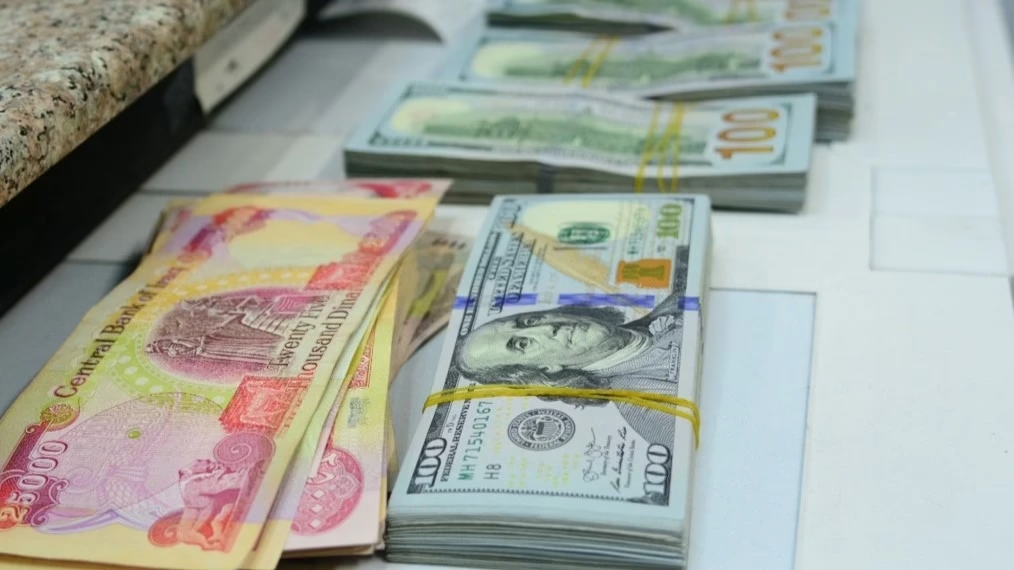Iraq’s central bank is set to ban five more local banks from engaging in US dollar transactions, as part of efforts to combat money laundering, dollar smuggling, and financial violations, according to sources cited by Reuters.
The decision follows meetings in Dubai last week between officials from the Central Bank of Iraq, US Treasury, and the Federal Reserve. This comes after eight Iraqi banks were banned from dollar transactions last year.
As OPEC’s second-largest oil producer, Iraq holds over $100 billion in reserves in the US, making it reliant on Washington’s goodwill to maintain access to its oil revenues. However, with former US President Donald Trump vowing to restore his “maximum pressure” policy on Iran, Iraq could face further scrutiny.
Iran’s Influence and Financial Networks
Iran, which wields significant political, military, and economic influence in Iraq through Shi’ite militias and political parties, has long used Iraq’s banking system to obtain hard currency and evade US sanctions. A fuel oil smuggling network, reportedly generating at least $1 billion annually for Iran and its proxies, has flourished since Prime Minister Mohammed Shia al-Sudani took office in 2022.
While banned banks can still operate and conduct transactions in currencies other than the US dollar, their restricted access to dollar transactions significantly limits their ability to engage in international financial operations.
Banks and Payment Firms Affected
The five banks facing the new restrictions are:
- Al-Mashreq Al-Arabi Islamic Bank
- United Bank for Investment
- Al Sanam Islamic Bank
- Misk Islamic Bank
- Amin Iraq For Islamic Investment and Finance
Additionally, three payment services firms—Amawl, AL-Saqi Payment, and Aqsa Payment—are also included in the move.
Despite previous Western praise for Prime Minister Sudani’s economic reforms, pressure on Iraq is expected to intensify as Washington takes a harder stance on Iran’s financial networks in the region.



